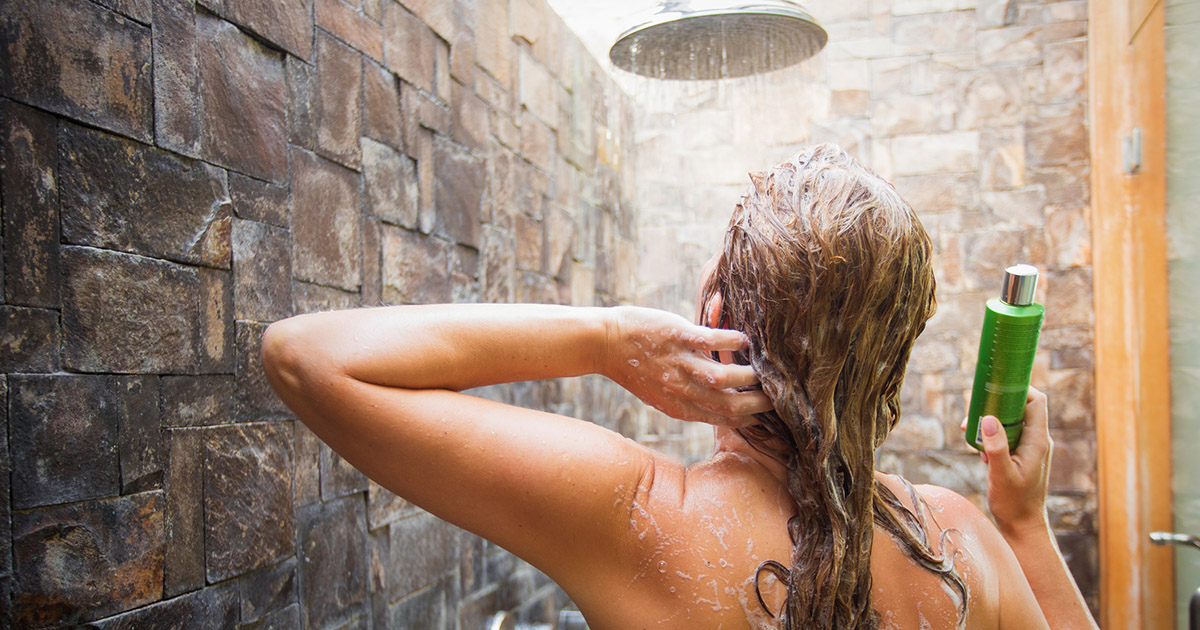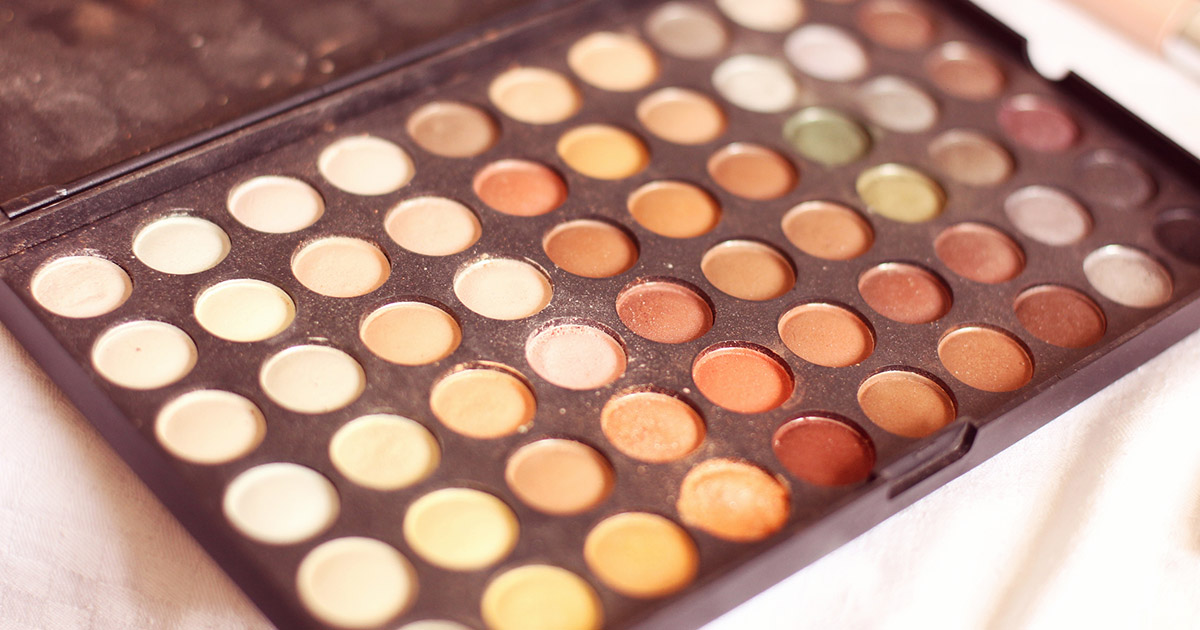Is Sulfate & Paraben-Free Truly Worth It?
You might have heard the terms 'sulfate-free' and 'paraben-free' before, as they have become major buzzwords in the beauty industry since concerns over the use of chemicals in beauty products have been steadily rising over the last few years. With the rising popularity of 'natural' beauty products and many beauty brands lining store shelves with their 'free-from' formulas to meet this demand, you have to wonder if 'free-from' is truly the best for our hair and skin or is it just another marketing scheme to sell more products? Keep reading to find the answer to these burning questions and if 'free-from' truly is better for your health.
What Are Sulfates?

Sulfates are a popular ingredient in a majority of hair and cosmetic products, but are commonly found in household cleaning products such as dish soap, due to its effective cleaning capabilities to remove dirt and oil. When an individual works up a thick lather when using shampoo, it is the result of the sodium lauryl sulfate, a detergent and crystalline salt of sulfated lauryl alcohol. Sodium lauryl sulfate is a surfactant, which is a product that reduces surface tension between a liquid and solid. This reduction is seen when shampoo or other cleansers produce a rich lather. Once this tension is removed, the barrier between the hair and shampoo is eliminated, allowing sodium lauryl sulfate to rid the hair of oil and dirt.
Shampoos or conditioners containing sulfates usually only have a concentration of approximately fifteen percent, as regulated by cosmetic industry standards. Individuals who want to avoid sulfates in their cosmetic and hygiene products should look for ingredients such as decyl glucoside, cocamidopropyl betaine, and ocamidopropyl hydroxysultaine, which are free of residual sulfates and effectively clean the hair.
What Are Parabens?

A paraben is a preservative often used in many beauty products as it prevents the growth of bacteria and fungus in shampoos, conditions, and some makeup. They are water-soluble chemicals that are the most utilized preservative packaged in cosmetic products. The different types of parabens include butylparaben, ethylparaben, methylparaben, propylparaben, and isobutylparaben. They can also be tricker to notice compared to sulfates when it comes to reading labels, as some parabens can have alternative names without the word 'paraben' in it, such as Alkyl parahydroxybenzoates. Generally, a product will contain as little as 0.15 to 0.3 percent of a paraben by weight.
The use of parabens in cosmetics has been used for approximately seventy years. However, scientists have recently begun to question their safety and effects on human health, as it is believed parabens might be a carcinogen, but further research is needed to prove this theory.
